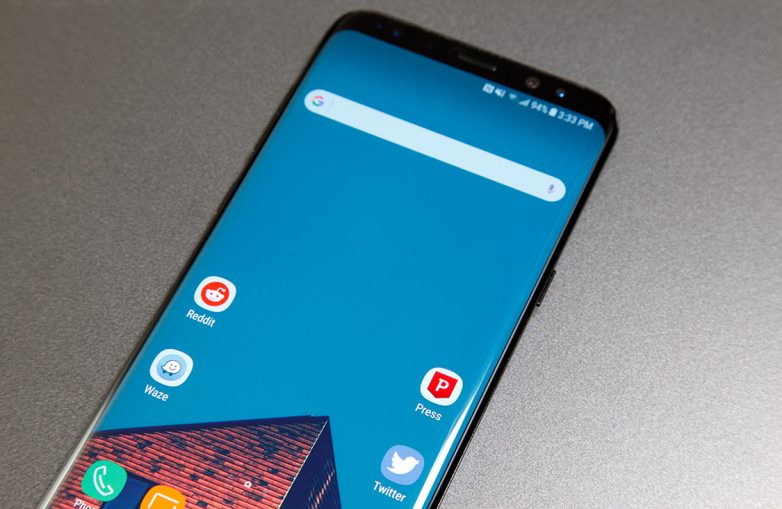Sasmung is already working hard on the next flagship, the Galaxy S9. According to the new information, the design of the company's premium devices will be significantly redesigned by next year. The Internet is already actively discussing what features iPhone X will borrow from Galaxy S9 – but insiders themselves did not report anything about copying products Apple.

In particular, the well-known leak finder Ice Universe posted this short tweet:
The back of the Galaxy S9 will change a lot
– Ice universe (@UniverseIce) October 29, 2017
This translates to “The back of the Galaxy S9 will change a lot.” What does this phrase mean? We can almost certainly talk about the dual camera that the S9 will borrow from the Note 8 – perhaps even improved. It's also likely that Samsung has also finally decided to place the fingerprint scanner in the center of the back. The current displaced situation has drawn a lot of criticism from both journalists and users. Earlier reports say there is no plan to put the sensor under glass in the ninth generation.

As for the front panel of the device, so far we only have this image (photo above) from TechDroider – this source is distinguished by a high degree of reliability when it comes to Android – smartphones. The same resource suggested that the Galaxy S9 will be equipped with an under-display fingerprint scanner and technology similar to Face ID. This goes against the information provided by analysts that Samsung will only be able to copy Face ID in a few years. In addition, it has already been mentioned that the built-in fingerprint scanner is unlikely to be implemented. Thus, we see that today even reliable sources can contradict each other.
Finally, the same Ice Universe reported that the Galaxy S9 will have a headphone jack.
I think the Galaxy S9 still has a 3.5mm headphone jack
– Ice universe (@UniverseIce) October 31, 2017
So far, this is all the information about possible changes to the Galaxy S9. In the coming months, rumors and leaks should become even more, we will definitely tell you about the most interesting of them. But we recommend that you take the unconfirmed data with a grain of sound skepticism.
